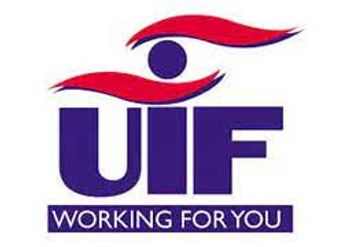DOL visiting local Businesses
Many local businesses have been visited by the Department of Labour (DOL) inspectors recently.A company reaches out to you to inform you of their poster sales for the Basic Conditions of Employment and Occupational Health and Safety Acts. You buy the set because you want to display the poster as prescribed. Then the Department of Labour arrives a few weeks later to examine your personnel documents, a week or so later an inspector from DOL comes and checks the safety conditions in your office.
Employers with less than 20 employees are exempt, according to the OHS Act. Sorry, but you have to follow all the regulations. DOL has doubts about the Certificate of Good Standing issued by the Occupational Commissioner and will, therefore, audit all companies, big or small.
The targeting of small and medium enterprises by DOL might be a coincidence, you decide. DOL’s approach puts more pressure on small businesses. According to DOL, employers are required to keep shop-purchased dish soap in a well-ventilated closet and you are prohibited from providing your staff with chairs without armrests. Comments like these make you ask yourself, “Why am I running my business?
Are there any resources available to help small and medium-sized enterprises? Can DOL award grants to assist all small and medium-sized enterprises in complying with its rules and regulations?
MCCI has always urged its members to comply with any regulations that apply to our businesses. If starting and running a business was made easier, there would be a significant increase in SMME growth and employment.


